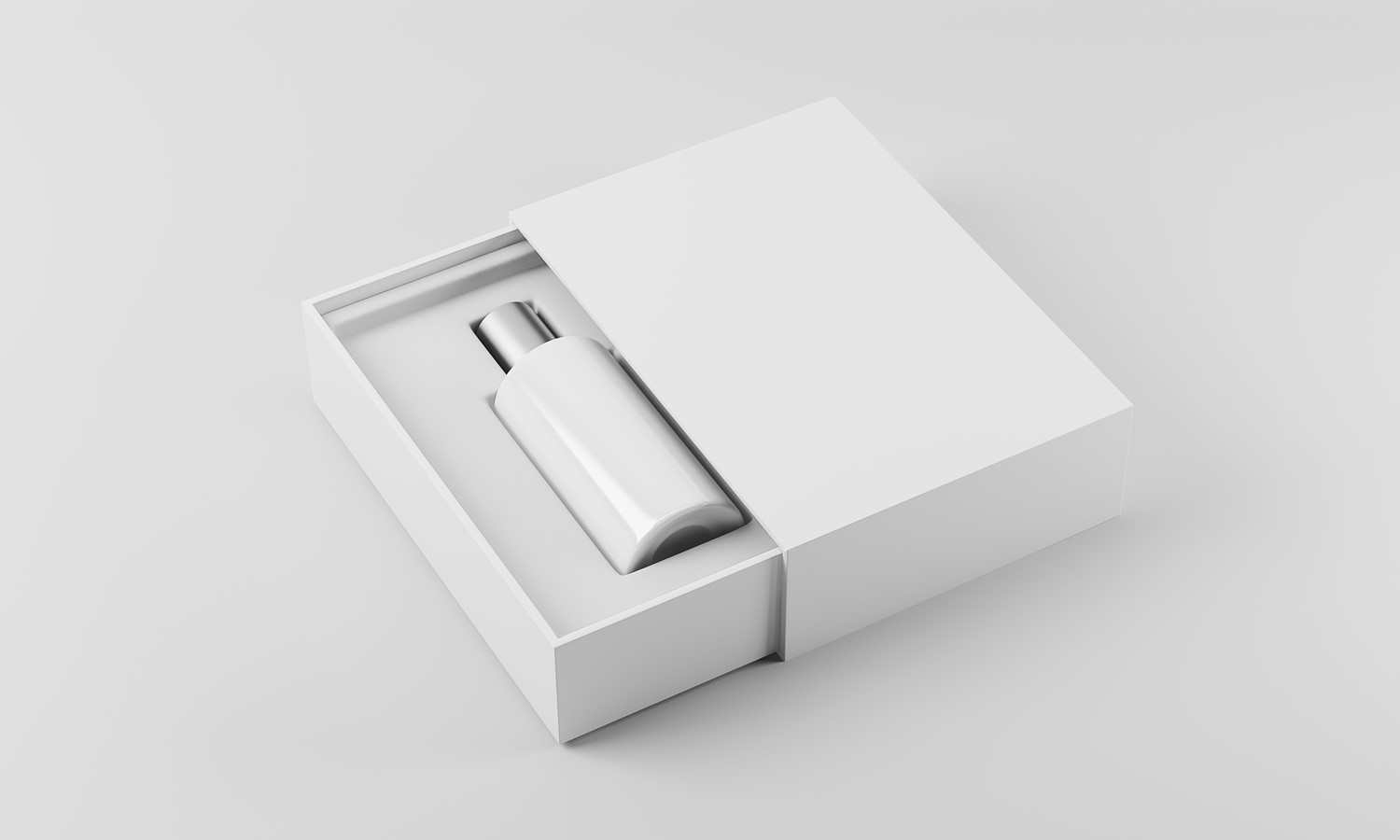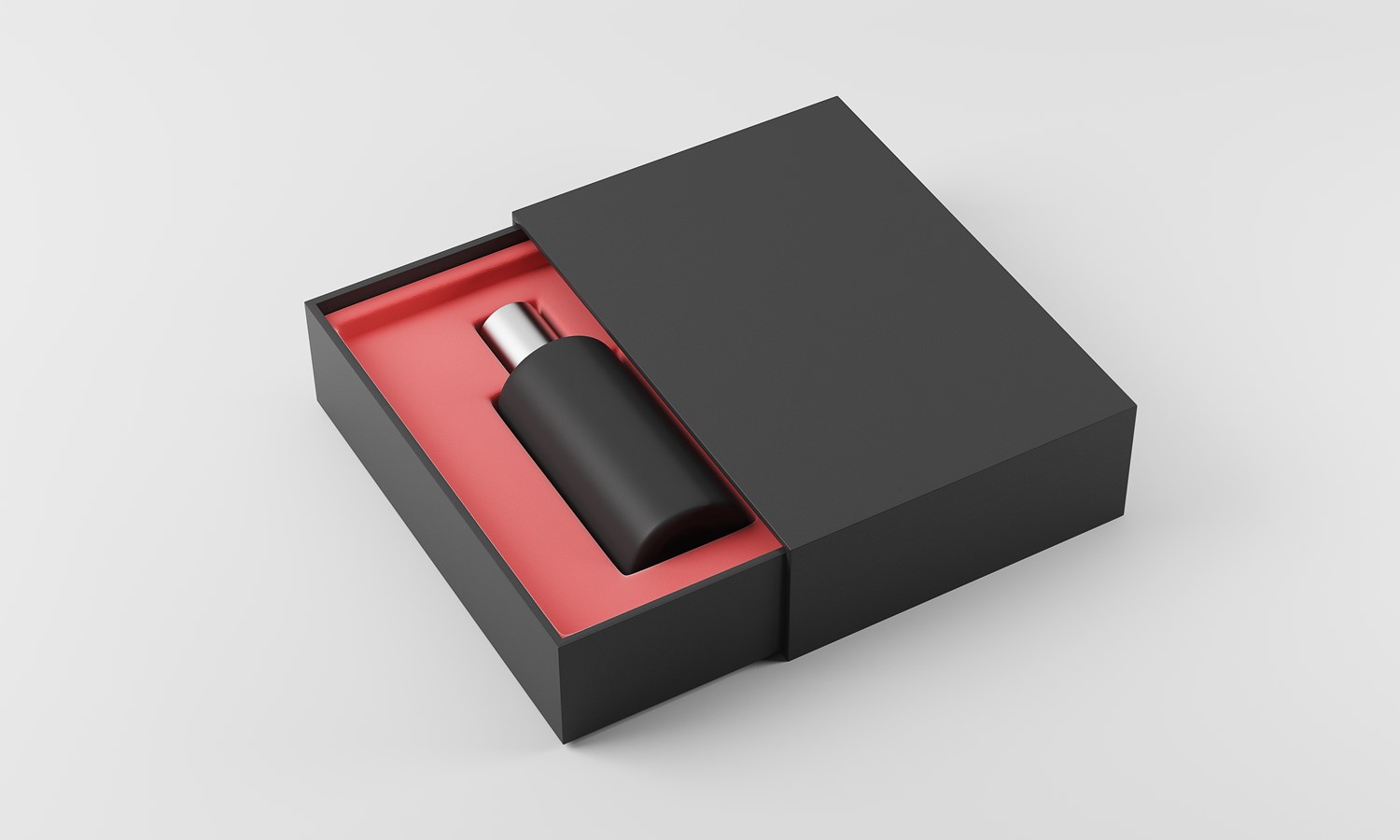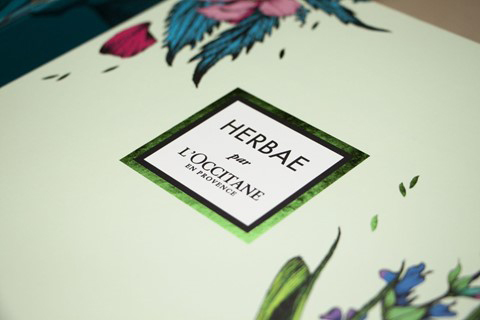
The beauty industry has made some important and impressive alterations to plastic packaging usage. And, put bluntly, it had to.
In 2018, beauty brands were responsible for around 120 Billion units of packaging. A generous estimation (using the UN’s data) is a maximum of 9% of that packaging was sent to be recycled. 12% would have been incinerated. The remaining 79% dumped into landfill.
Weleda, who have cut entirely the use of microplastics and liquid plastics from packaging, is the industry exemplar. Since the brand introduced plastic free packaging in 2015, it has become the planets leading natural cosmetics brand, with considerable year-on-year growth.
New consumer preferences
Several consumer reports have found that Millennials and Gen Z demand sustainable retail practices – and are willing to pay more for it. This is in polar opposition to the consumer preferences of Baby Boomers.
According to a Forbes white paper, 62% of Gen Z prefer purchasing from sustainable brands. Significantly, that generation has recently entered the workforce en masse. And for beauty brands, whose largest market is the 18 – 34 age category, it makes neither ethical nor business sense to avoid a coherent sustainability strategy.
This is why a brand such as Weleda has been able to flourish, adapting its packaging to market and consumer expectations. It seems incomprehensible that household-name brands will not fully lead where the consumer and the market are heading.
But with the return of what has been called “unnecessary” single use plastics during the pandemic, there is a risk that brands will cite increased costs, safety, and a new inability to recycle as reasons to forfeit sustainability commitments.
Indeed, this is already happening, with the pandemic increasing recyclable plastic prices significantly. If the beauty industry is to provide what the new generation of customer expects, it must renew its eco-friendly commitments to packaging.
Refills

In the short-term, refills present a practical opportunity to shift to sustainability. Beauty brands are already utilising refills in substantial numbers, with Neal’s Yard Remedies and The Body Shop notable adopters.
Refills have the obvious benefit of reducing the total packaging needed to be manufactured by businesses and purchased by customers. The most effective use of refillables are those which can be replenished in-store, meaning zero additional packaging purchases are required.
This simple packaging switch can result in significant reductions. L’Occitane reported that they have cut 121 tonnes of plastic pollution and experienced a packaging decrease of 98%.
If beauty brands now hold sincere concerns regarding the safety of their packaging, refill pouches possess superior protection from bacteria, moisture, oxygen and sunlight. In addition to being future pandemic-friendly, they also elongate shelf-life.
Buy Backs
Incentivised recycling had been a successful and popular scheme, especially regarding plastic bottles. A concerted effort by beauty brands and retailers to incorporate similar schemes is to be encouraged. Typically, this involves exchanging recyclable, empty packaging for coupons or vouchers.
John Lewis introduced their BeautyCycle initiative in 2019 and is one of the most successful buy back system introduced by any retailer. Five empty packages are exchanged for a monetary deduction from future beauty purchases.
Since it began, BeautyCycle has saved over 231,000 products going to landfill. That’s over 50,000 customer donations. If each beauty retailer introduced such a scheme tomorrow, the increase in single-use plastics could swiftly be atoned for.
Sustainable Packaging

As we consider the future of eco-friendly boxing, and how the beauty industry can future-proof its packaging, we are encouraged by the progress of bioplastics and plant-based packaging.
This year, Delta Global partnered with athleisurewear brand Sweaty Betty to create completely reusable RPET pouches preventing over 2.7M plastic bottles from entering our oceans, landfill, and incineration.
While bioplastics are still in the nascent stages of development, there are some interesting options currently on the market. The best of these exceeded recyclability by being both compostable and biodegradable. The source of bioplastics is remarkable – vegetables oils, corn starch and food waste can all be transformed into safe and robust packaging.
However, cost-effectiveness and durability are not quite where they need to be. A vigorous development programme is required if bioplastics are to become the industry standard. The US beauty industry alone was estimated to be worth $507.8 billion 2020. Funding bioplastic research should be an industry priority.
Complete sustainability is where consumers and the market are heading - and where the beauty industry must lead.
- And sustainable luxury package specialists will help guide the industry to a more environmentally and commercial sound future.
Find Your Sustainable Packaging Solution
For more information on cosmetic packaging solutions, contact the Delta Global team today.
